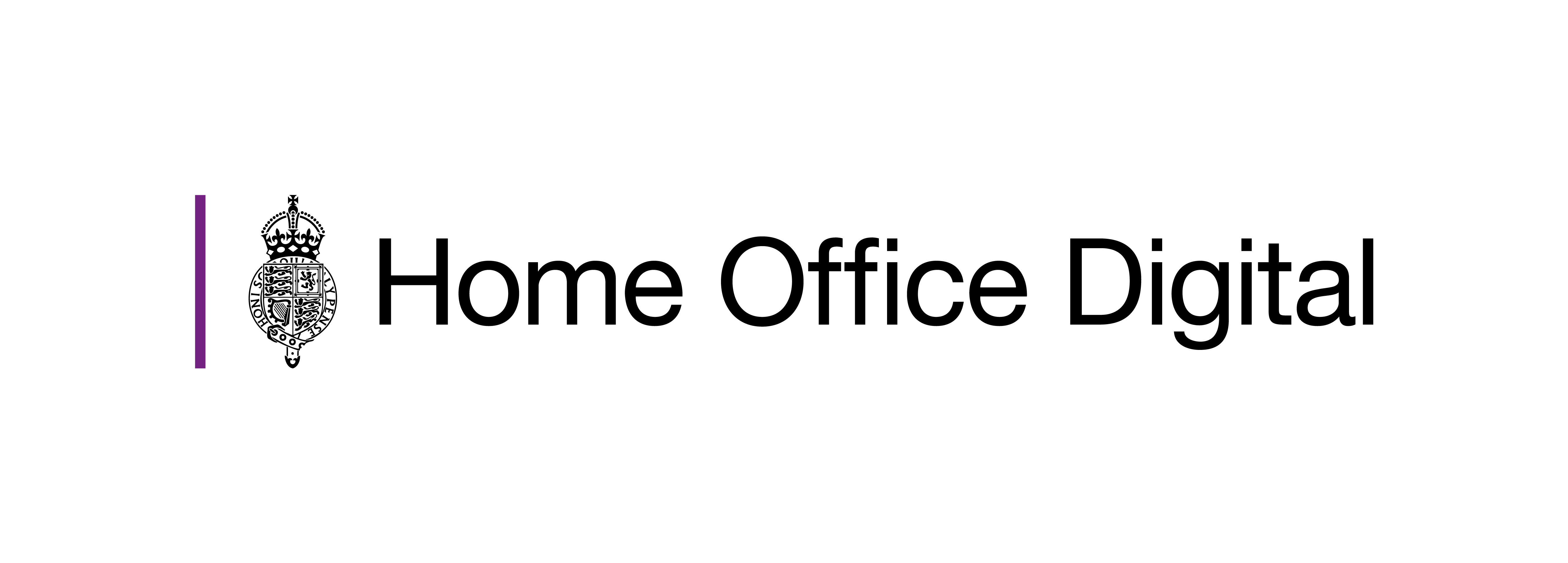Using racially neutral terms in technology
In April, the UK National Cyber Security Centre (NCSC) published a blog announcing a significant change to their website, by replacing commonly used cyber security terminologies ‘whitelisting’ and ‘blacklisting’ with racially neutral terms such as ‘allow list’ and ‘deny list’.
Whitelist refers to the practice of explicitly allowing access to identified entities while blacklist is a list of entities that are considered untrusted and unacceptable.
Home Office Digital, Data and Technology to adopt this approach
This may seem like a small thing – but it’s offensive to many and we in Home Office Digital, Data and Technology support the NCSC stance and will make the same changes to our terminology.
We will also encourage people not to use terms like ‘master’ and ‘slave’ for our servers - abhorrent phrases which somehow have become normalised. Using negative or derogatory language for white meaning ‘good’ and black meaning ‘bad’ or ‘not allowed’ or making casual reference to human oppression and tyranny is just not acceptable anymore.
Our Deputy Chief Information Security Officer, Kate Stanbury, said:
We’re a strong advocate of NCSC’s decision of making this worthy change and we’ll adopt this transformation. We’ll be replacing any terminology within our own processes that’s not consistent with the ‘stamp out racism’ message.
To promote and establish an open, respectful and safe work environment, we must work together as one and replace terminologies and processes that spark discrimination amongst us.
We can’t alter all Home Office terms on our own, so we encourage our colleagues, the public and peers across the digital world to help us and be alert to phrases which could cause offense so we can take action to amend them.
Tech firms are also using racially neutral terms
Tech firms are now actively discouraging teams from using terminologies that promote racial stereotypes and stigma. For example, a popular programming language, Python, replaced terms ‘slaves’ to ‘workers’ or ‘helpers’ and ‘master process’ to ‘parent process’. In a similar way, Google Chrome has also asked their developers to avoid ‘blacklist’ and ‘whitelist’ in favour of ‘blocklist’ and ‘allowlist’.
It’s good news that organisations are taking a similar approach and we know it’s only a small step which may seem insignificant compared to the challenges presented by wider prejudice and offensive language. But it is a small step in the right direction.


6 comments
Comment by sue waller posted on
Fantastic, great to see how small changes can make a new norm and long overdue.
Comment by Sue Chadwick posted on
Great to see this - how about not referring to black box algorithms any more either but simply describing them as more or less opaque
Comment by Christopher Cope posted on
Thanks Sue.
We have started a conversation on these, and other, terms in common use across cyber and information security. We are keen to ensure that we can root out terminology which isn't appropriate and welcome contributions from anyone with an appropriate observation.
Comment by Robert Kirkwood posted on
This is great to see and the new terms are far more apt and descriptive.
Comment by Carlos F posted on
How many people of color were questioned before making such petty changes which don't really fix real issues?
As a person of color I find it more tedious following through these unnecessary language changes from your "small steps in the right direction" than being offended by these terms which have had no direct relation to race (overlooking master/slave).
I can see the argument for master/slave but if you're going to pick and replace every single instance of what's 'white' and 'black' good luck, when it comes to brand names particularly. White Hat, Black Hat, dark web, dark net, WhiteSource, etc.
It seems because of white guilt of a few liberal elites all must follow suit no matter how illogical we find these changes.
Comment by Christopher Cope posted on
Carlos,
Thank you for your feedback.
The changes we refer to in the article are part of a wider industry conversation which the Home Office is pleased to support. Whilst we cannot change the entire industry, we can take responsibility for that we do control, and continue to work to ensure that our environment is a comfortable one for all of our staff and contractor.